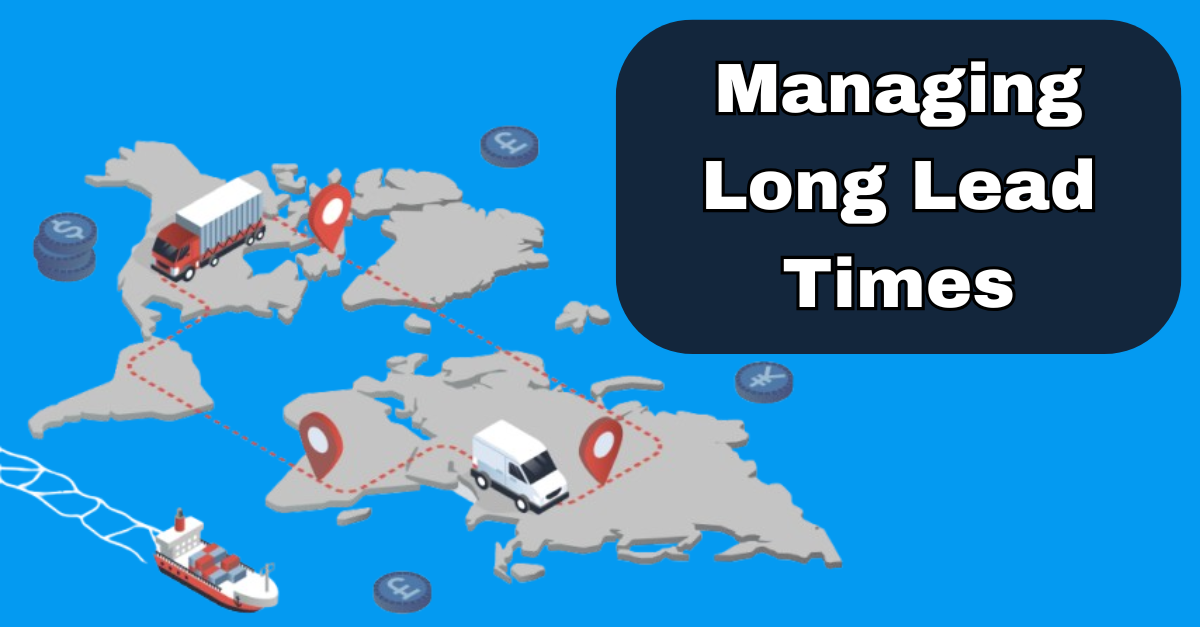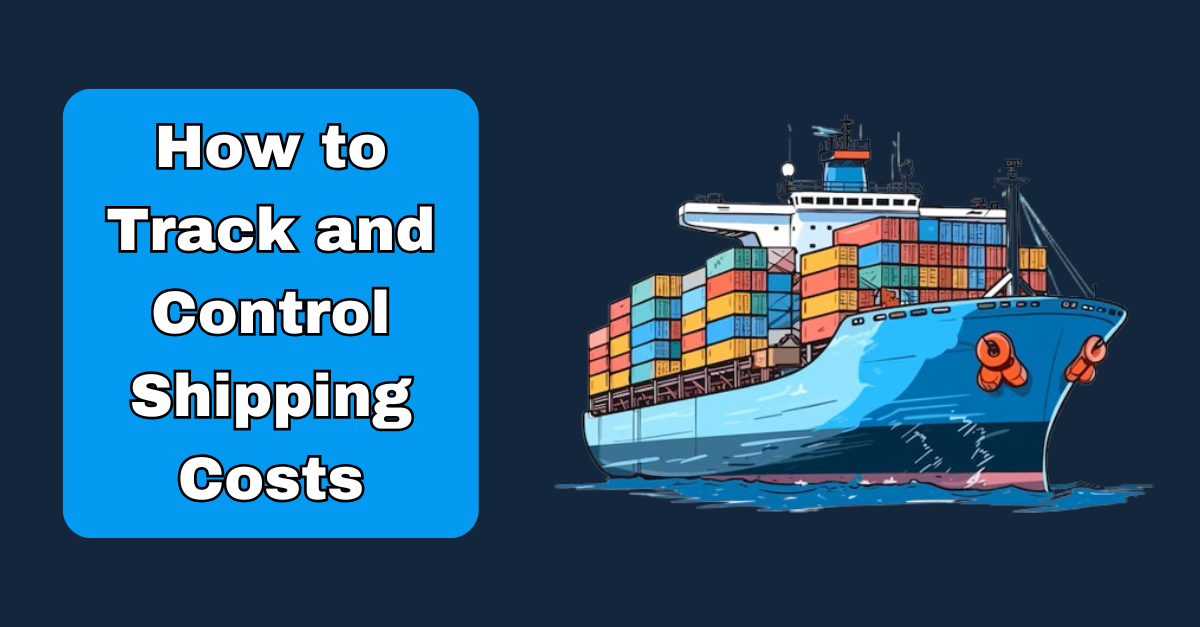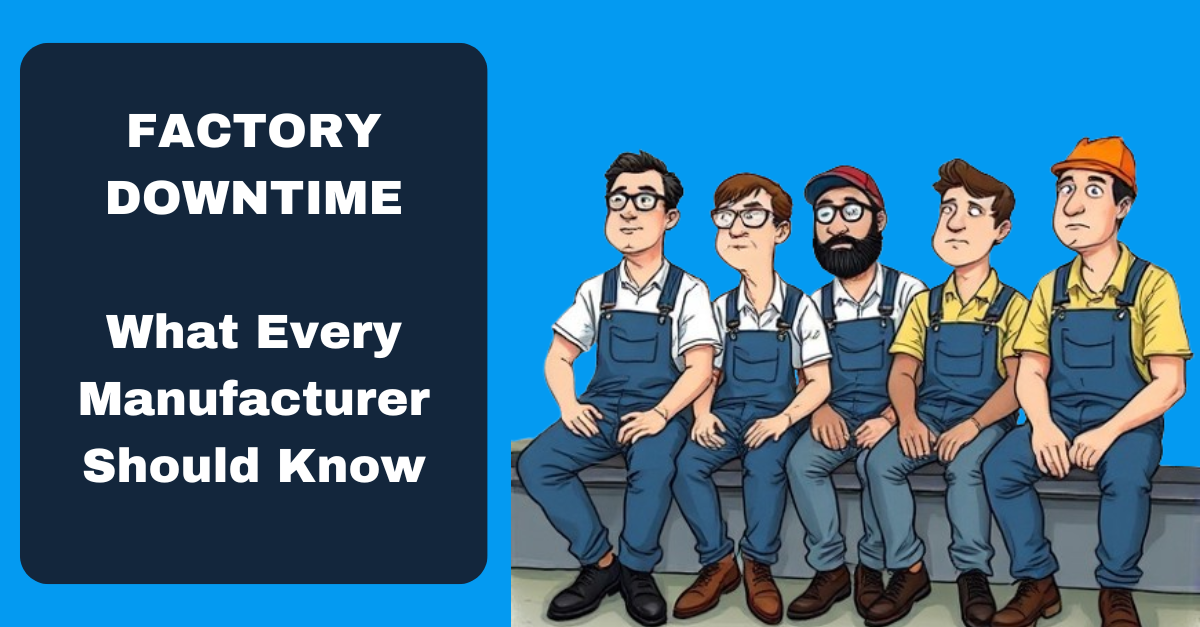Recent news:
Flexport plan to lay off 30% of staff - Flexport, a major player in the supply chain tech industry, plans to cut up to 30% of its workforce by the end of October. This follows a prior layoff of 20% of its employees earlier this year, prompted by a macroeconomic downturn. The company is undergoing significant changes, including the departure of its former CEO and other top leaders. Flexport aims to maintain customer service and support capabilities during these layoffs, with a focus on achieving growth and cost discipline. Areas like account management, customer service, and operations are expected to be less affected by the reductions.
Signs of relief for manufacturers - In September, the manufacturing sector saw a modest increase in activity due to rising demand and production, offering a glimmer of hope for better economic prospects. Despite ongoing economic challenges such as slower orders and price hikes, manufacturers are cautiously preparing for improved working conditions. Production witnessed a notable boost, registering a positive reading of 52.5%, up 2.5 percentage points from August. Employment also saw an uptick, reaching 51.2%, a rise from the previous month's 48.5%.
Manufacturers are increasingly optimistic about future output growth, marking their highest expectations in nearly one and a half years. Supply conditions are improving, and the decline rate of order books has significantly moderated in recent months. These developments reflect a positive trend in the manufacturing industry, as companies navigate challenges and steadily work towards a more optimistic future.
Self-driving trucks are still farfetched - At the CSCMP EDGE 2023 conference in Kissimmee, Florida, Missy Cummings, Director of Mason's Autonomy and Robotics Centre (MARC) and a professor at George Mason University, delivered a clear message: self-driving trucks are not yet a practical part of supply chain strategies. She pointed to a troublesome incident in 2022 when TuSimple's self-driving truck attempted a risky manoeuvre on the highway. Specifically, the truck abruptly tried to execute a 90-degree turn at 65 miles per hour, narrowly avoiding a collision with a pickup truck. This erratic behaviour was caused by the truck still processing commands from a previous test drive earlier that day. Cummings stressed the need for supply chain executives to distinguish between traditional AI, which follows set rules, and neural networks, which learn continuously but can propagate misinformation. Her message was clear: while advancements are happening, there is still a long way to go before self-driving trucks become a reliable reality in the supply chain industry.
The fentanyl supply chain - The U.S. has imposed sanctions and filed indictments against several Chinese companies and individuals involved in the illegal fentanyl trade. The actions, initiated on October 3, target those who advertised, manufactured, and distributed precursor chemicals for synthetic opioids like fentanyl.
Some Chinese chemical manufacturers are accused of using deceptive tactics, such as fake labels, to ship illegal substances discreetly, even reaching Mexico's Sinaloa drug cartel. U.S. Attorney General Merrick Garland stated that the fentanyl supply chain often starts with Chinese chemical companies. In response, China condemned these actions and emphasized its commitment to counter-narcotic measures. In 2022, over 100,000 drug overdose deaths occurred in the U.S., with an estimated 82,998 involving opioids, according to the Centres for Disease Control.
News sources:
Flexport plan to lay off 30% of staff
Signs of relief for manufacturers










